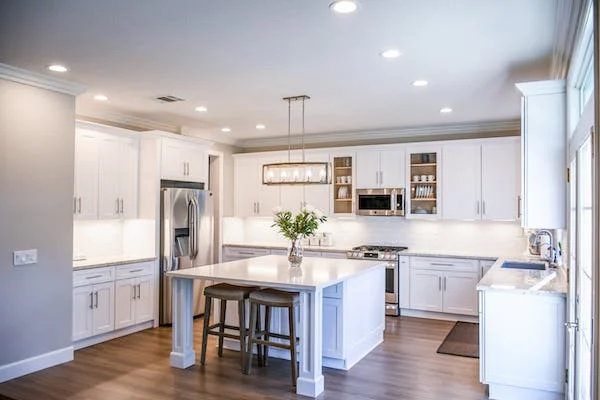Purchasing a home is a significant milestone in one’s life, and for most people, it requires obtaining a home loan. When it comes to securing a mortgage in Davidson, down payments play a crucial role in the process. Understanding the significance of down payments and how much you need can help you navigate the home loan process with confidence.
In simple terms, a down payment is the initial upfront payment made towards the purchase price of a home. It is a percentage of the total cost of the property and is typically paid in cash. The remaining amount is then financed through a mortgage. The higher the down payment, the lower the loan amount required, and vice versa.
So, how much do you need for a down payment in Davidson home loans? The answer depends on several factors, including the purchase price of the property, the type of loan, and your financial situation.
Conventional mortgage lenders often require a down payment ranging from 3% to 20% of the purchase price. However, it’s important to note that a down payment of less than 20% may require private mortgage insurance (PMI) to protect the lender in case of default. PMI adds an additional cost to your monthly mortgage payment, so it’s essential to consider this factor when determining your down payment amount.
On the other hand, government-backed loans, such as those offered by the Federal Housing Administration (FHA), have more lenient down payment requirements. FHA loans typically require a down payment of 3.5% of the purchase price. These loans are often attractive to first-time homebuyers or individuals with lower credit scores.
In addition to the loan type, your financial situation plays a significant role in determining the ideal down payment amount. Factors such as your credit score, debt-to-income ratio, and savings can influence the down payment requirement imposed by lenders. A higher credit score and a lower debt-to-income ratio may allow you to secure a loan with a lower down payment.
While it’s tempting to aim for the lowest possible down payment, there are distinct advantages to making a more substantial upfront payment. A higher down payment can result in a lower loan-to-value ratio, reducing the overall interest charged over the life of the loan. Additionally, a larger down payment can improve your chances of loan approval and may even qualify you for more favorable interest rates.
Before committing to a down payment amount, it’s crucial to assess your financial capabilities carefully. Consider your short-term and long-term financial goals, your monthly budget, and your ability to save for emergencies. Consulting with a mortgage professional can provide valuable guidance in determining the right down payment amount for your specific situation.
In conclusion, down payments play a pivotal role in Davidson home loans. The amount required depends on various factors, including the loan type, purchase price, and your financial situation. While conventional loans often require higher down payments, government-backed loans offer more flexibility. Ultimately, it’s essential to strike a balance between your financial capabilities and the long-term benefits of a higher down payment.




